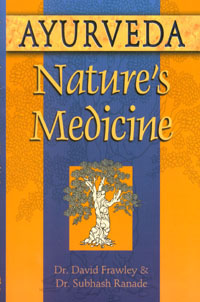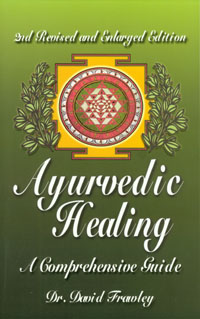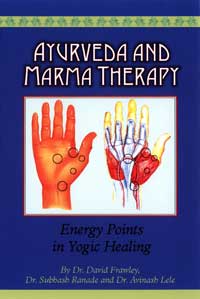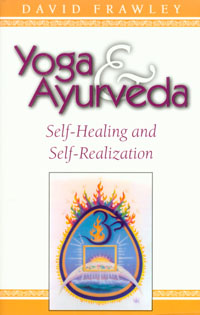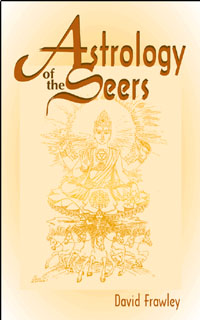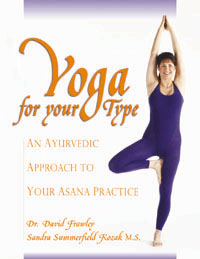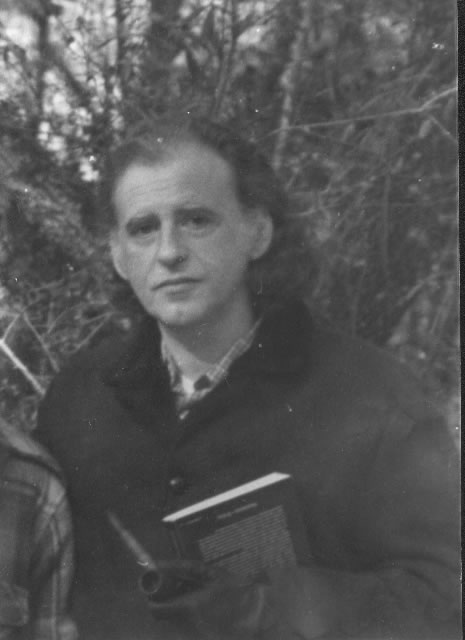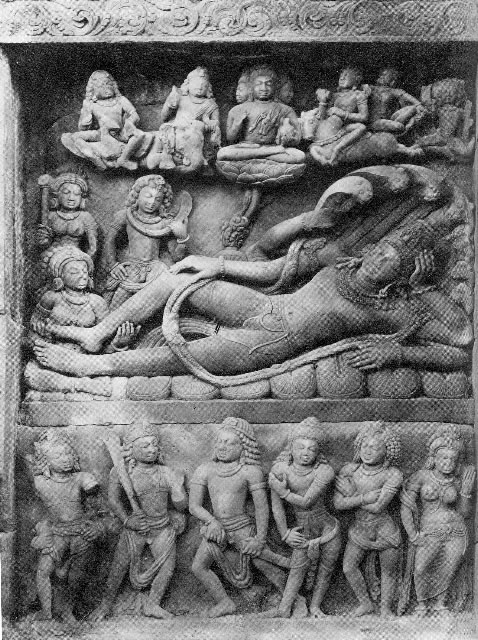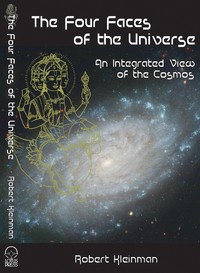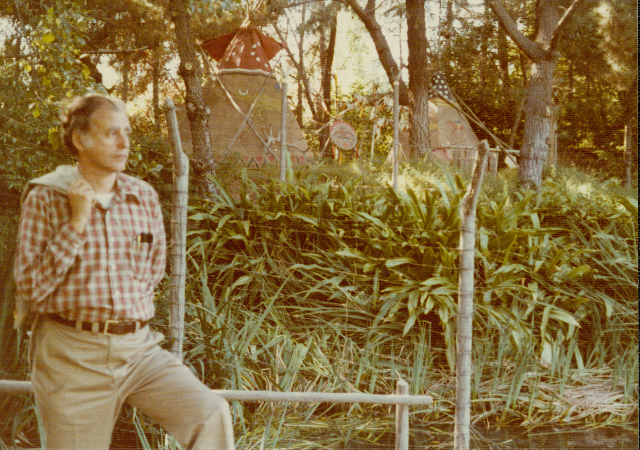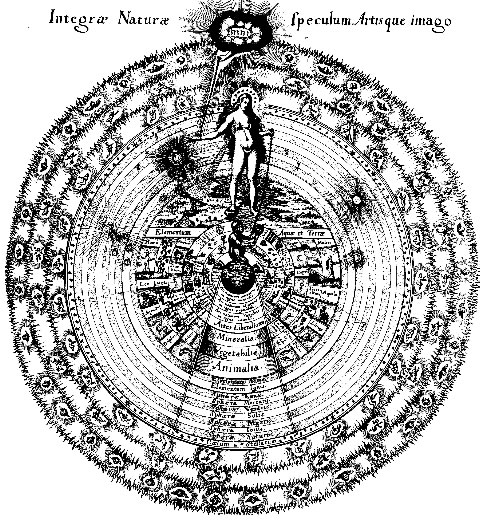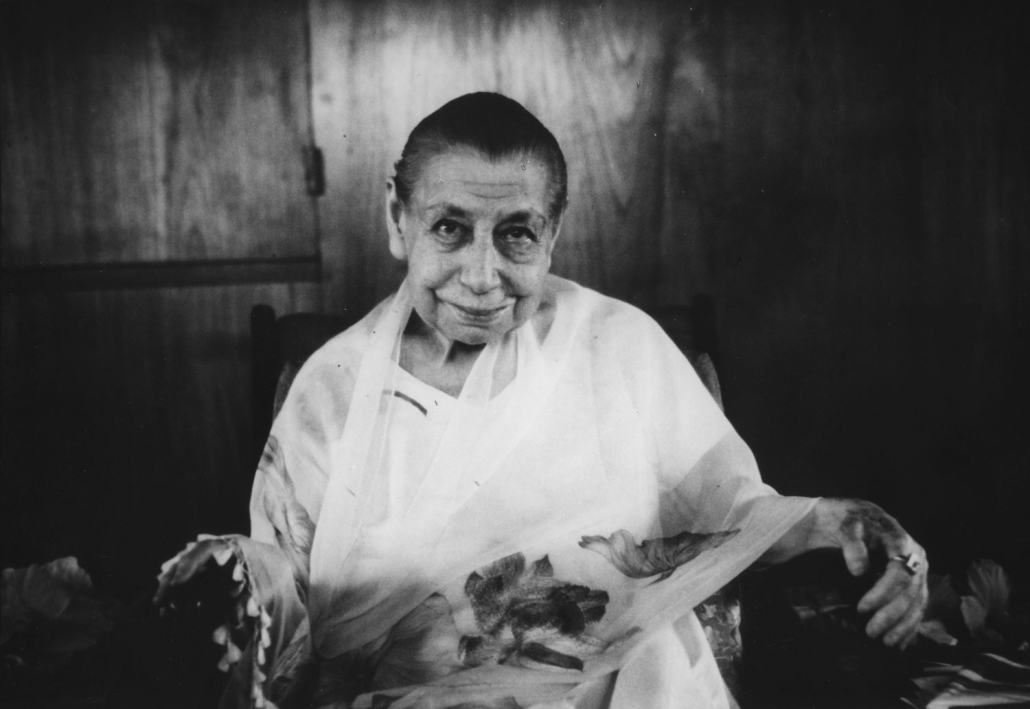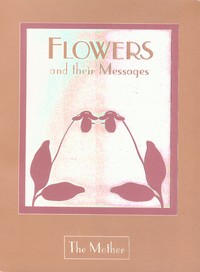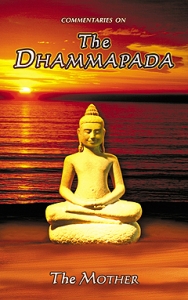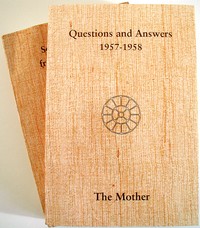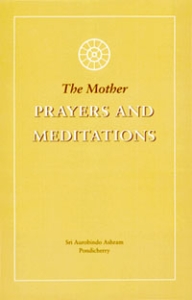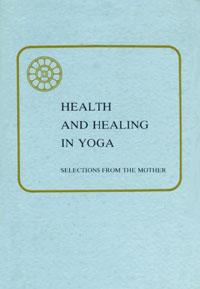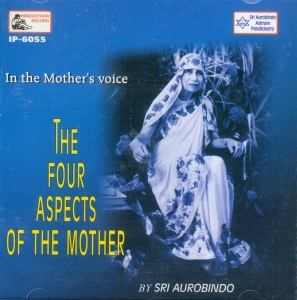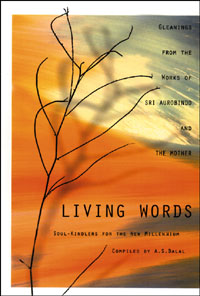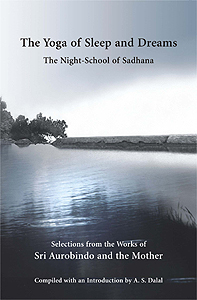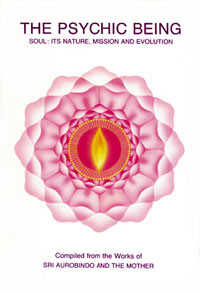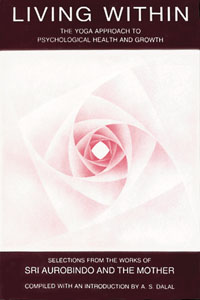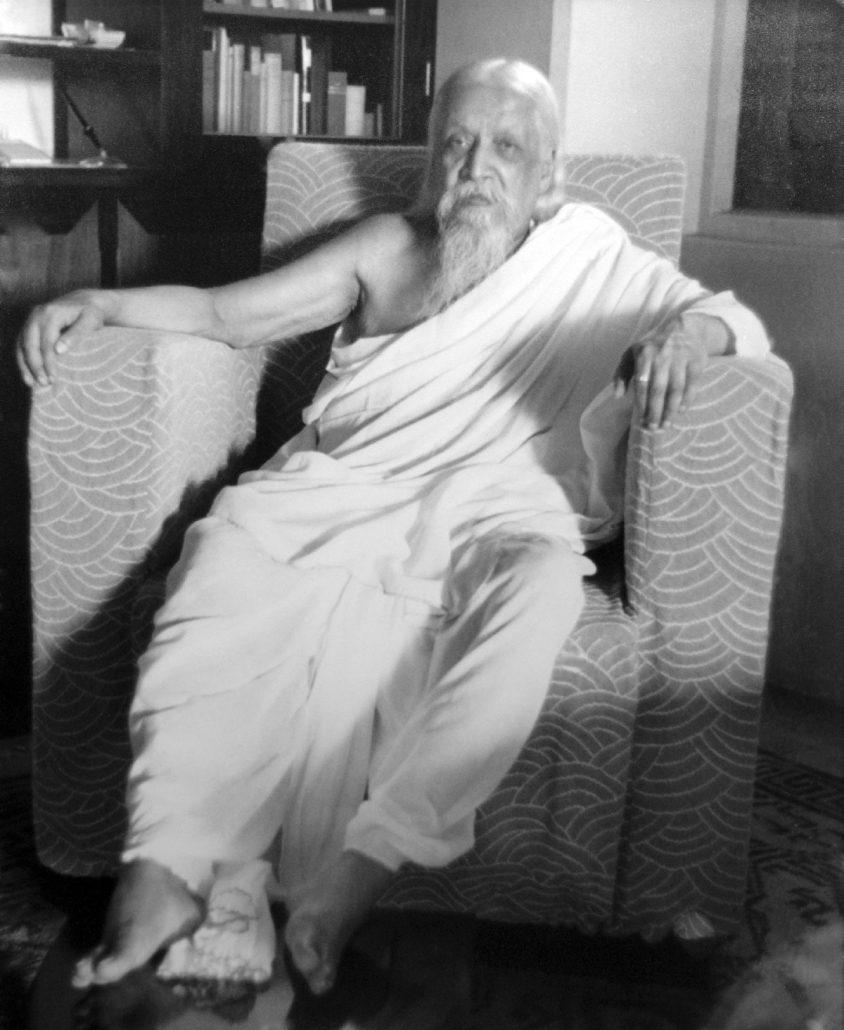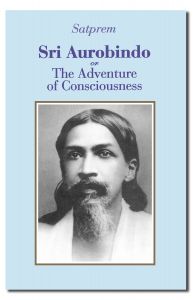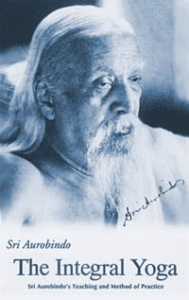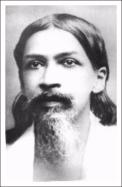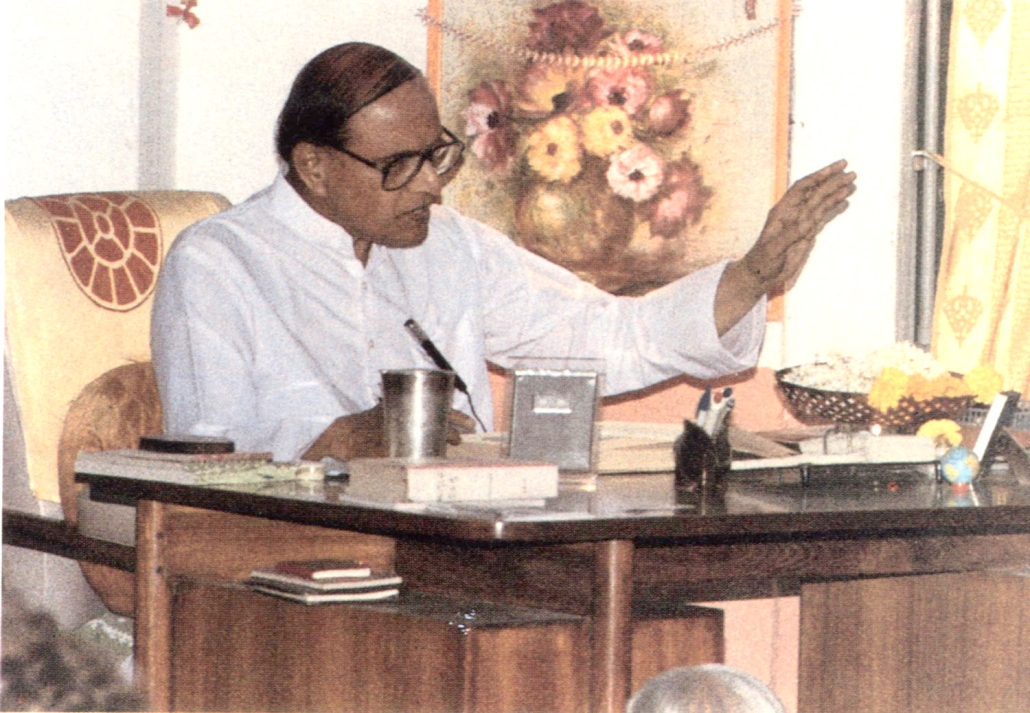David Frawley
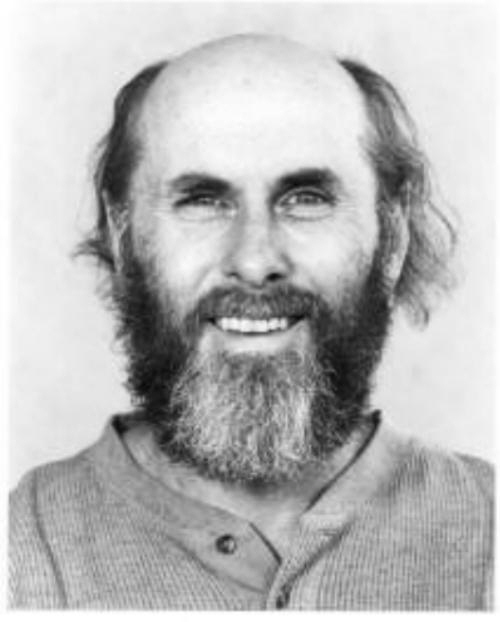
David Frawley (Pandit Vamadeva Sastri)
“David Frawley is one of the most important scholars of Ayurveda and Vedic Science today. I have great respect and admiration for his knowledge and the way he has expounded the ancient wisdom of the Vedas.” Deepak Chopra
“Frawley is an Indian in an American body. The ease with which he enters into the spiritual of the Indian tradition and renders its deeper concepts in terms of modern thought shows an unusual familiarity with this ancient wisdom.” M.P. Pandit, Secretary of Sri Aurobindo Ashram
“Certainly America’s most singular “practicing Hindu.”” Ashok Malik, India Today
“David Frawley is a formidable scholar of Vedanta and easily the best known Western Acharya of the Vedic wisdom.” Ashish Sharma, Indian Express, the Express Magazine
David Frawley (Pandit Vamadeva Shastri) is one of the few Westerners recognized in India as a Vedacharya or teacher of the ancient wisdom. He began his Vedic writings in 1979 under the guidance of M.P. Pandit, the secretary of the Sri Aurobindo Ashram. In 1991 under the auspices of the great Indian teacher, Avadhuta Shastri, he was named Vamadeva Shastri, after the great Vedic Rishi Vamadeva. In 1994 he was given the title of Pandit along with the Brahmachari Vishwanathji award in Mumbai for his knowledge of the Vedic teaching. Over the years Vamadeva has received many awards and honors for his work from throughout India.
In India, Vamadeva is recognized as a Vedacharya (Vedic teacher), a Vaidya (traditional Ayurvedic doctor), Jyotishi (Vedic astrologer), Puranic (Vedic historian) and Yogi. In India, his translations and interpretations of the ancient Vedic teachings have been given acclaim in both spiritual and scholarly circles. Vamadeva gives a great deal of time and attention to his India work and spends part of his year in India, engaged in various programs, teachings and travels.
In America, Vamadeva is known as a teacher of Ayurvedic medicine and of Vedic astrology (Jyotish) and has done pioneering work on both these subjects. He as been honored by many Ayurvedic groups, especially the National Ayurvedic Medical Association (NAMA), for which he is one of the four honorary advisors and received a lifetime achievement award in 2002. He has similarly been honored by Vedic astrology groups, and was the president of the American Council of Vedic Astrology (ACVA) from its origin in 1993 to 2003. In Sept. 2000, he was regarded as one of the 25 most influential Yoga teachers in America by the magazine Yoga Journal.
In Sept. of 2012, Vamadeva gave one of the two closing keynote speeches for the international conference that marked the opening of Sanchi University, near Bhopal India, which is scheduled to be the largest Buddhist university in South Asia, with a Vedic studies department as well. He has been asked to be a visiting professor for the future.
Vamadeva (David Frawley) presents Vedic knowledge in the Western world and in a lucid presentation recognized by the tradition itself. He has worked extensively teaching, writing, lecturing, conducting research and helping establish schools and associations in related Vedic fields over the last thirty years. He has studied and traveled widely gathering knowledge, working with Vedic teachers and groups in a non-sectarian manner.
Vamadeva sees his role as helping to revive Vedic knowledge in an interdisciplinary approach for the planetary age. He sees himself as a teacher and translator to help empower people to use Vedic systems to enhance their lives and aid in their own Self-realization. He regards Vedic wisdom as a tool for liberation of the spirit, not as a dogma to bind people or to take power over them. Vedic knowledge is a means of communing with the conscious universe and learning to embody it in our own life and perception.
You can find out more about his work by visiting his website at the American Institute of Vedic Studies.
The Writings of David Frawley
Ayurveda: Nature’s Medicine
by David Frawley and Dr. Subhash Ranade
368 pp Paper Back
ISBN: 0914955950
Ayurveda, Natures Medicine is an excellent introduction to the full field of Ayurvedic Medicine from diet and herbs to yoga and massage. It has a notable emphasis on practical self-care and daily life regimens that makes it helpful for everyone seeking health and wholeness. The book is an excellent primer for students beginning in the field and who wish to have a firm foundation to understand the entire system.
Ayurvedic Healing: A Comprehensive Guide
by David Frawley
468 pp Paper Back
ISBN: 0914955977
Ayurvedic Healing presents the Ayurvedic treatment of common diseases, covering over eighty different ailments from the common cold to cancer. It provides a full range of treatment methods including diet, herbs, oils, gems, mantra and meditation. The book also shows the appropriate life-style practices and daily health considerations for your unique mind-body type both as an aid to disease treatment and for disease prevention. This extraordinary book is a complete manual of Ayurvedic health care that offers the wisdom of this ancient system of mind-body medicine to the modern reader relative to our special health concerns today. The present edition is an expanded version of the original 1989 edition, covering additional diseases and adding new treatments.
A number of books are now available on Ayurvedic medicine, the traditional natural healing system of India. These are generally of an introductory nature. Ayurvedic Healing, on the contrary, explains Ayurvedic treatment from constitutional life-style regimens to the treatment of over a hundred diseases. This comprehensive book explains the Ayurvedic approach to all major common health problems including the common cold, constipation, digestive disorders, menstrual problems, hypertension, and arthritis. It also examines complex diseases like cancer and Aids, recommending the appropriate diet, herbs, oils, aromas, mantras and meditation as required. It contains an extensive introductory section outlining Ayurvedic health regimens for disease prevention, including a complete guide to Ayurvedic diet. Anyone interested in Ayurveda will find this book useful and want to have it as a reference guide for healthful living.
Ayurveda and Marma Therapy
by David Frawley, Dr. Subhash Ranade and Dr. Avinash Lele
268 PP Paper Back
ISBN: 0940985594
This is the first book on marma therapy published in the West. It clearly describes the 107 main marma points in location, properties and usage. It explains in detail how to treat them with many methods including massage, aromas, herbs and yoga practices. Ayurveda and Marma Therapy is an essential reference guide for all students of Yoga, Ayurveda, massage or natural healing.
Yoga and Ayurveda
360 pp Paper Back
ISBN: 0914955810
Yoga and Ayurveda together form a complete approach for optimal health, vitality and higher awareness. YOGA AND AYURVEDA reveals to us the secret powers of the body, breath, senses, mind and chakras. More importantly, it unfolds transformational methods to work on them through diet, herbs, asana, pranayama and meditation. This is the first book published in the West on these two extraordinary subjects and their interface. It has the power to change the lives of those who read and apply it.
Excerpt from Yoga and Ayurveda click here
Other Writings of David Frawley:
The Vedic Traditions:
Astrology of the Seers
304 pp Paper Back
ISBN: 0914955896
Vedic Astrology, also called Jyotish, is the traditional astrology of India and its profound spiritual culture. It possesses a precise predictive value as well as a deep interpretation of the movement of life, unfolding the secrets of karma and destiny. Astrology of the Seers, first published in 1990, is regarded as one of the classic modern books on Vedic astrology, covering all the main aspects of its philosophy, background and practice. The present edition has been thoroughly revised and updated.
Wisdom of the Ancient Seers
280 pp Paper Back
ISBN: 0910261369
“The Rig Veda is not only one of the oldest sacred scriptures of the world, but also one of the most misunderstood. Past scholarship has dismissed the hymns of the Rig Veda as being expressions of a primitive animistic mentality that only rarely rose to true spiritual and philosophical heights. David Frawley’s book demonstrates that this judgmental view is ill-founded. His fine renderings of select Vedic hymns bear witness to the fact that their composers were sages and seers–powerful poets who knew the art of symbolic and metaphoric communication. The Vedic hymns give us a unique glimpse not into a primitive mentality but a mentality and culture that revolved around the highest spirtiual values and visions. This is an important and riveting book, ushering in a new and sounder tradition of Vedic interpretation and scholarship.” Georg Feuerstein
Ayurvedic Herbalism:
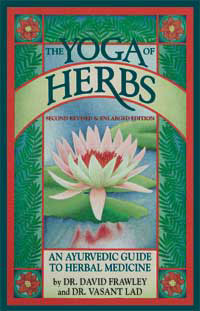
The Yoga of Herbs: An Ayurvedic Guide to Herbal Medicine
by David Frawley and Dr. Vasant Lad
288 pp Paper Back
ISBN: 0941524248
For the first time, here is a detailed explanation and classification of herbs, using the ancient system of Ayurveda. More than 270 herbs are listed, with 108 herbs explained in detail. Included are many of the most commonly used western herbs with a profound Ayurvedic perspective. Important Chinese and special Ayurvedic herbs are introduced. Beautiful diagrams and charts, as well as detailed glossaries, appendices and index are included.
An Ayurvedic Guide to Your Asana Practice
by David Frawley and Sandra Summerfield Kozak
296 pp os
ISBN: 091026130X
This is the first book that details how to choose Yoga asanas (Yoga poses) most appropriate for your unique body type according to the five thousand year old system of Ayurvedic medicine. These two systems of healing and energy management have long been regarded as effective methods of relieving stress, creating personal balance, eliminating ailments, and relieving chronic pain. Yoga for Your Type presents a fundamental understanding of both Yoga and Ayurveda and provides the information needed for you to balance your energy and feel healthy. “Editor’s Choice” Yoga Journal
Excerpt from Yoga for Your Type click here
Tantric Yoga and the Wisdom Goddesses
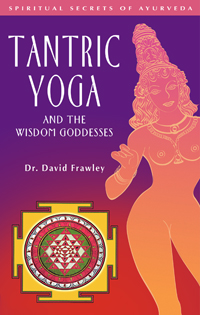
260 pp Paper Back
ISBN: 0910261393
“Tantric Yoga and the Wisdom Goddesses is an excellent introduction to the essence of Hindu Tantrism. The author discusses all the major concepts and offers valuable corrections for many existing misconceptions. He also introduces the reader to the core Tantric practices of meditation and mantra recitation, focusing on the ten Wisdom Goddesses” states Georg Feuerstein.
Tantra – perhaps the most popular and yet most misunderstood of the yogic teachings today – is a vast ocean of wisdom for enlightening the mind. It is not merely sex, with which most Westerners identify it, but an entire science of meditation.Tantric Yoga and the Wisdom Goddesses describes the deeper system of Tantra in its psychological and spiritual sophistication – unfolding the mysteries of life and death, being and non-being. It reveals Tantra as a profound methodology for reaching the highest states of consciousness. Tantric Yoga delineates one of the most important Tantric teachings – the Ten Wisdom Forms of the Goddess (Dasa Mahavidya) – on all levels from image worship to formless meditation practices, including mantras for each Goddess. It explains these great Goddesses in beautiful poetic and deep philosophical language, making them accessible archetypes to the modern mind. These ten forms are Kali, Tara, Sundari, Bhuvaneshvari, Bhairavi, Chinnamasta, Bagalamukhi, Dhumavati, Matangi, and Kamala. In a special section on the practice of Yoga, the book explains the subtle body, the chakras and their energy flows, and how these can be properly developed. For the first time in print in the West, it reveals the Ayurvedic system of inner transformation using the three principles of Prana, Tejas and Ojas, the spiritual energies of air, fire and water (Vata, Pitta and Kapha). It shows how we can develop these energies through outer and inner methods, including diet, herbs, gems, mantra and meditation. Tantric Yoga and the Wisdom Goddesses is based on unpublished teachings of the great yogi Vasishta Ganapati Muni, the foremost disciple of the great guru Ramana Maharshi. It follows the Tantric approach of Advaita Vedanta and South Indian Tantric traditions.

